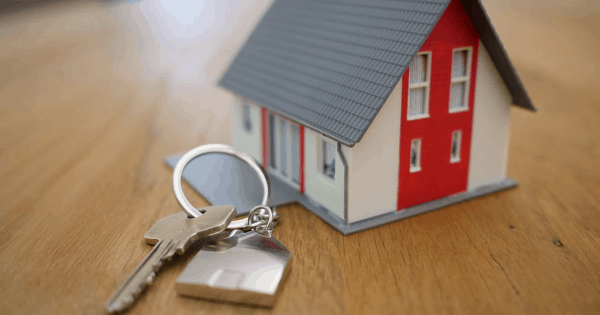The choice to rent or own your home isn’t one to be taken lightly. Each option has its own perks and its own pitfalls. The decision to transition from renting to owning a home is going to depend on your unique situation but those who can make the transition stand to build much more wealth than they would if they continued renting. In general, the main reasons why someone should stick with renting instead of buying a home are the inability to afford the upfront costs of buying a home, bad credit that prevents you from getting a mortgage loan, and the need for flexibility to move suddenly.
If these reasons don’t apply to you, then it may be wise to consider becoming a homeowner. That transition, however, requires some careful planning and thought. Let’s take a look at a few of the most helpful tips to make the switch from renting an apartment to owning a home.

Get Control of Your Credit and Debt
Bad credit and outstanding debt can ruin your chances of owning a home. You’ll almost certainly need a mortgage in order to purchase a house and lenders use your credit score and credit history to determine whether they can trust you to pay back the loan. With one in four credit reports contain errors that can affect your creditworthiness, you need to take time to review your credit before you apply for a mortgage.
Check that your credit report is up-to-date, accurate, and reflects positively on you. If there are negatives on your report that you can’t remove, you can add a 100-word statement explaining the negative item. This won’t change your credit score, but the person reviewing your credit report will be able to take it into account. Be sure that you pay off any past due debts that you have well in advance of applying for a mortgage so that your credit can improve even further.
Learn About the Homebuying Process
The process of buying a home may not be as simple as many renters imagine it to be. Not only do you have to navigate the new waters of applying for a mortgage and getting approved for it, but you need to be a smart home shopper as well. If you’re just starting on the path to homeownership, consider taking a home buyer education course. Approved by the Department of Housing and Urban Development, these courses are comprehensive guides to all of the topics most people don’t think about when they set out to buy a home.
Once you take a few courses, you will need to find a real estate agent that you trust and with whom you enjoy working. About 78% of recent buyers found their real estate agent to be a useful source of information. Make sure that your realtor has plenty of experience in the area you’re looking in and with homebuyers like you. They’ll be a key player in ensuring that you purchase a home that you will enjoy for years to come and that you can comfortably afford, so you need to choose your realtor carefully.
Budget Wisely
Many people are tempted to make the transition from renting to owning because they know that their monthly mortgage payments may be equal to or even lower than their monthly rent. The renters of unfurnished apartments in the U.S. paid a median price of $1,492 per month in 2017. This is a steep price to pay for a home that isn’t an asset to your personal finances and that you can’t customize as your own. While you may feel confident that monthly mortgage payments will fit well into your current budget, remember that you need to budget for all of the other expenses of homeownership.
The most significant expense that you need to budget for ahead of time is the down payment. The average down payment on a mortgage was about $12,800 in 2017. That is the money that you need to pay upfront in order to obtain your mortgage and purchase your home. You may be able to negotiate a lower down payment, but that means you will be paying more in your monthly mortgage payments. Before you start pursuing the possibility of homeownership, you need to save up enough for a down payment. You’ll also have to ensure that you have enough money left over to pay for moving expenses, closing costs, repairs that your new home needs, insurance payments, utility deposits, and property taxes.
Buying a home is an exciting endeavor, but it comes with a laundry list of tasks that you need to do beforehand. Make sure that you’re prepared mentally and financially for the process. With the proper preparation, you’ll have a much easier time transitioning from renting to homeownership.


